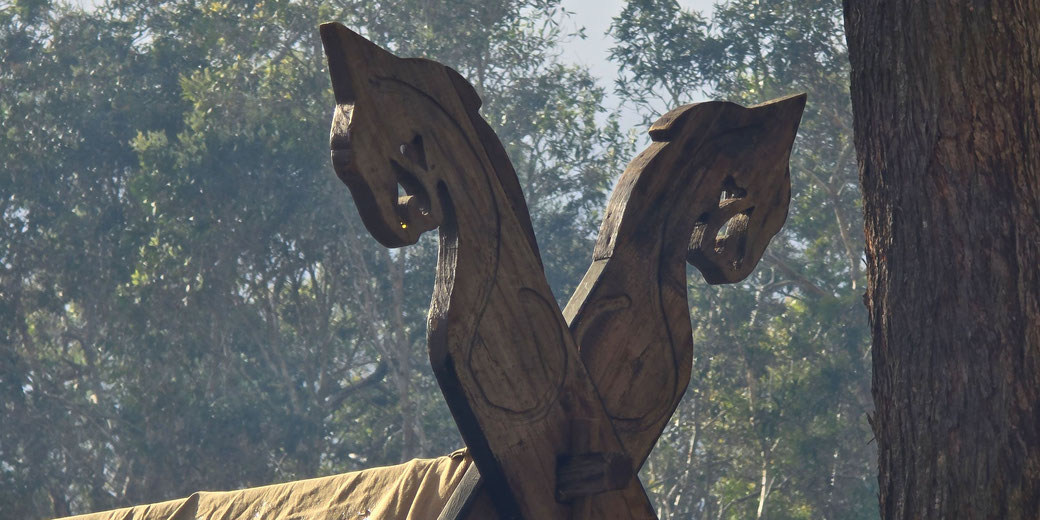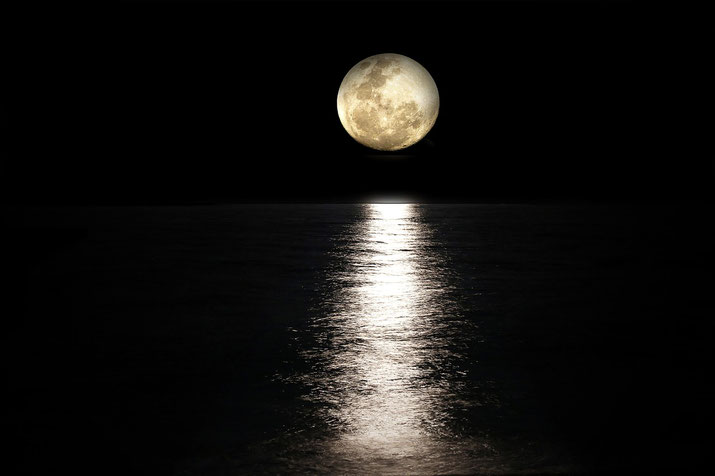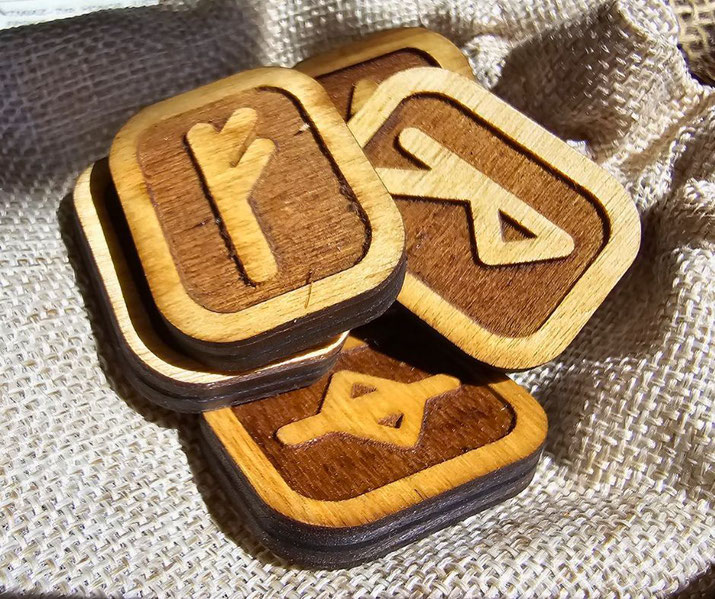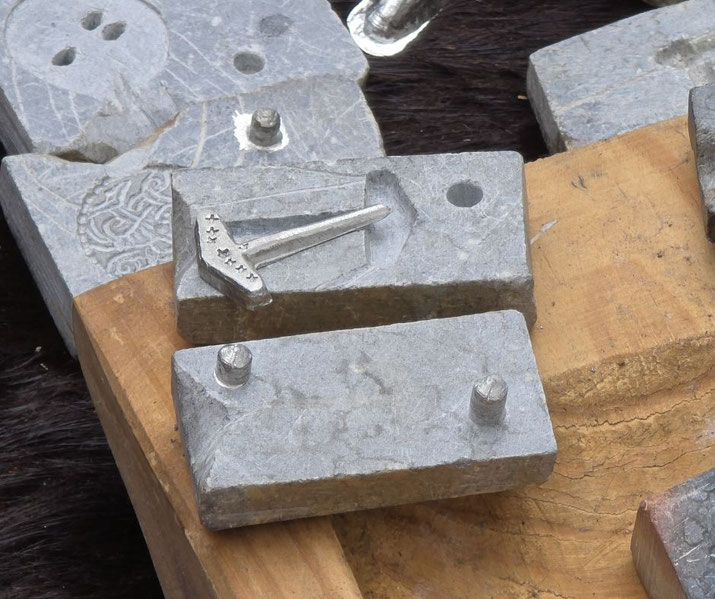The surprising Viking origins of the names of the days of the week

The names of each of the days of the week are so ingrained in our everyday lives that we rarely stop to consider their origins.
When we say Monday, Wednesday, and Friday, we often forget that these words were originally created as short statements; something that is now completely lost on us.
Even more, many people are surprised to learn that the names of the days of the week were influenced by the Vikings.
Who were the Vikings?
During the 8th to 11th centuries, the Vikings were seafaring people from Scandinavia who were also known as Norsemen and who raided and explored across Europe.
In AD793, the Viking raids started on Lindisfarne and introduced Norse culture to England.
They brought with them a distinct cultural heritage and mythology. Their influence remains visible in many parts of our modern world.
While few records survive that show their religious beliefs, the Poetic Edda and the Prose Edda, both written in the 13th century, are some of the key remaining texts of Norse mythology.
These works describe the gods who shaped Viking practices, which helps explain how the days got their names.
The seven days of the week
The word 'week' comes from the Old English word wice, which means 'a series of seven days'.
As the Anglo-Saxons took the seven-day week from the Romans, who might have taken it from the Babylonians, the names we are now familiar gained a series of historical layers.
Originally, the Babylonians based their week on night sky observations and the visible bodies, including the Sun, Moon, and Mercury.
Then, in the first century AD, the Roman Empire adopted this model, and it spread widely.
Since the Anglo-Saxons rejected the Roman names based on planets, they chose names from their own Germanic and Norse myths.
Sunday
The first day of the week is Sunday, meaning 'Sun's day'. The Anglo-Saxons and Norse viewed the Sun as a goddess named Sunna or Sol.
She had a brother named Mani, the Moon god. In legend, two wolves named Skoll and Hati chased them across the sky.
At Ragnarok, the world's end, the wolves would catch and eat them.
Monday
The second day is Monday, meaning 'Moon's day'. Mani, the Moon god mentioned earlier as Sunna's brother, was in charge of the movement of time and the ocean tides.
People thought Mani rode in a chariot pulled by horses Alsvidr and Arvakr. He was followed by his children, Hjuki and Bil.
One particular tale claims he kidnapped them from Earth as they drew water from a well with a bucket.

Tuesday
Tuesday means 'Tiw's day'. Tiw was a god of war and justice and had a rune named after him.
His name means 'honour' or 'glory'. One of the oldest Viking gods, he appears in a range of the earliest Norse stories.
In one of the most famous, Tiw gave up his hand to bind the wolf Fenrir, who threatened the gods.
People believed he ruled over trials and oaths.
Wednesday
Wednesday comes from 'Woden's day'. Woden, or Odin, was the Norse god called Allfather, because he was the father of many gods and heroes.
A god of wisdom and poetry, Odin had two ravens, Huginn and Muninn, who flew around the world and brought him news.
In addition, he also had two wolves, Geri and Freki, who accompanied him in battle.
As the myth goes, he sacrificed one of his eyes to drink from the well of Mimir, which gave him great knowledge.
Odin also hung himself from a tree for nine days and nights to learn the secrets of how to read and write with runes.
This god was widely worshipped across the Germanic world, with many place names in England, such as Wednesbury and Wensleydale, bearing his name.

Thursday
Thursday is 'Thor's day'. Thor, son of Odin and a giantess named Jord, ruled thunder and lightning.
Many people today know that Thor had a mighty hammer called Mjolnir, which he used to fight his enemies, especially the giants.
Thor also had a belt that doubled his power, a pair of iron gloves that helped him wield his hammer, and a chariot that was pulled by two goats: Tanngrisnir and Tanngnjóstr.
Of all the gods, he was particularly popular among humans for his courage and generosity.

Friday
There is ongoing scholarly debate about whether Friday is named after Frigg or Freyja, both of whom were central figures in Norse mythology with roles in love, fertility, and prophecy.
For many scholars, the sixth day of the week most likely comes from 'Frigg's day'.
Frigg was the wife of Odin and the queen of Asgard. She was a goddess of love, marriage, fertility and prophecy and apparently knew everything that would happen in the future, but she rarely revealed it to anyone.
In the sagas, Frigg had a spinning wheel that controlled the fate of all beings. She also wore a cloak made of falcon feathers that allowed her to fly across the sky.

Saturday
Finally, the seventh day of the week is Saturday, which comes from 'Saturn's day'.
Saturn was a Roman god of agriculture, wealth and time. He was honoured in the festival of Saturnalia, a major Roman celebration of the winter solstice.
He was also associated with Cronus, a Greek god who was the father of Zeus and other Olympians.
Unlike the other days of the week, Saturday does not have a clear connection to Norse mythology.
However, some scholars have suggested that it may still be related to Loki, a trickster god who often caused trouble for the other gods.
Although the Vikings did not worship Saturn, they were aware of the Roman god and adopted the name for the seventh day of the week.
Now that you know...
So, as you can see, the names of the days of the week have a fascinating history, whose influence can still be felt today in the names we use for the days of the week.
Next time you check your calendar, take a moment to appreciate your new-found knowledge about the incredible Viking culture.
What do you need help with?
Download ready-to-use digital learning resources
Copyright © History Skills 2014-2025.
Contact via email
With the exception of links to external sites, some historical sources and extracts from specific publications, all content on this website is copyrighted by History Skills. This content may not be copied, republished or redistributed without written permission from the website creator. Please use the Contact page to obtain relevant permission.





